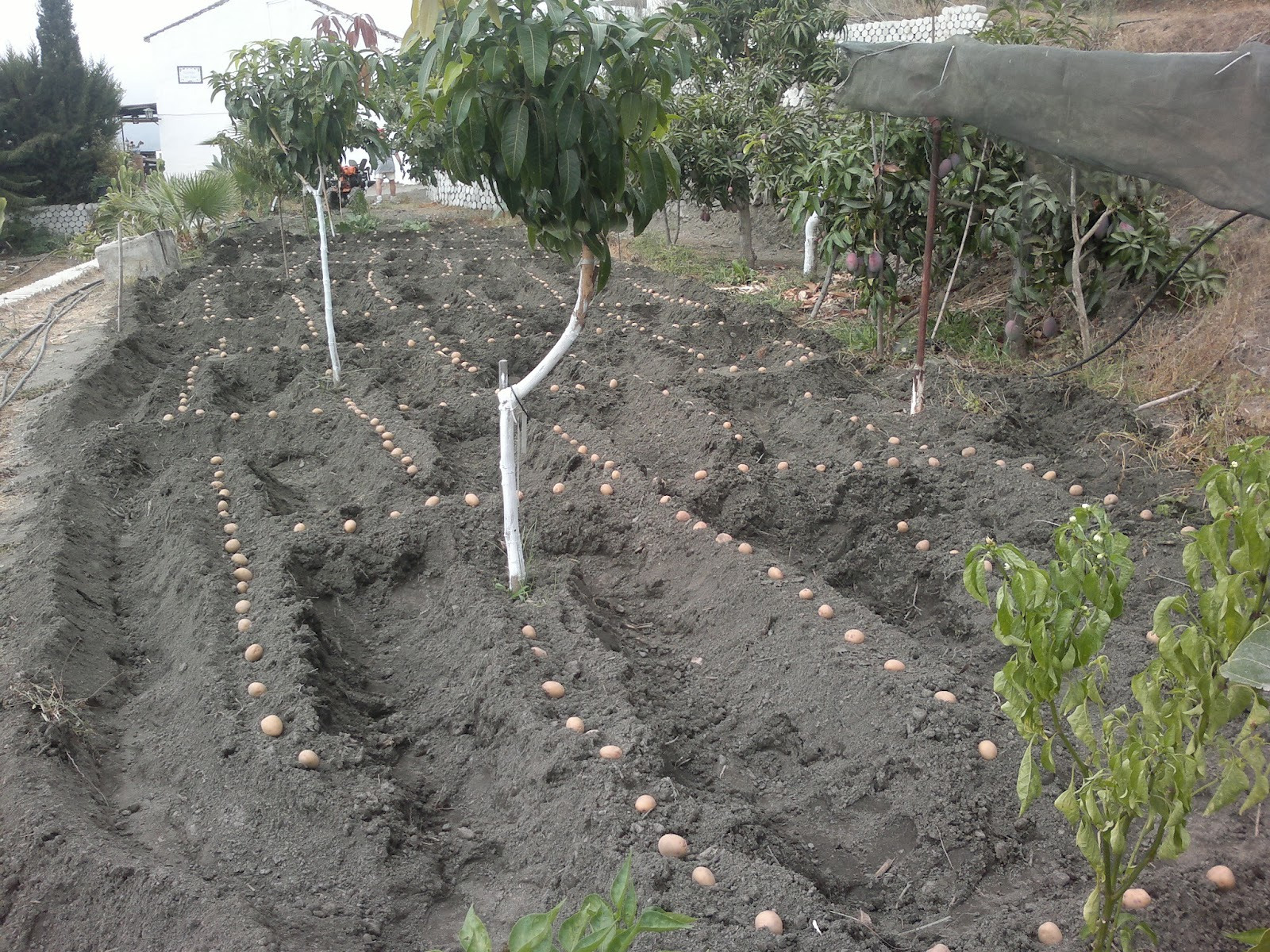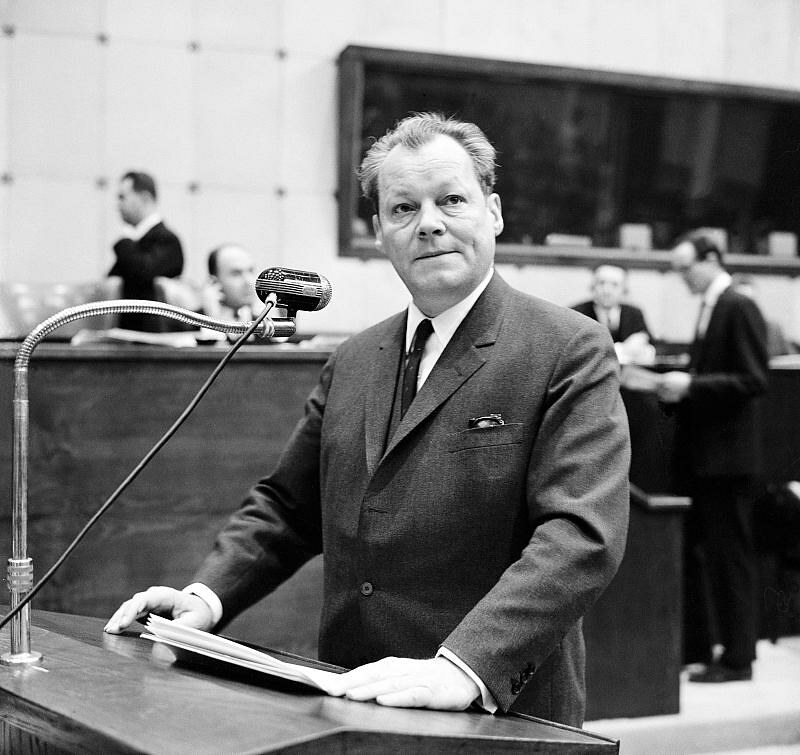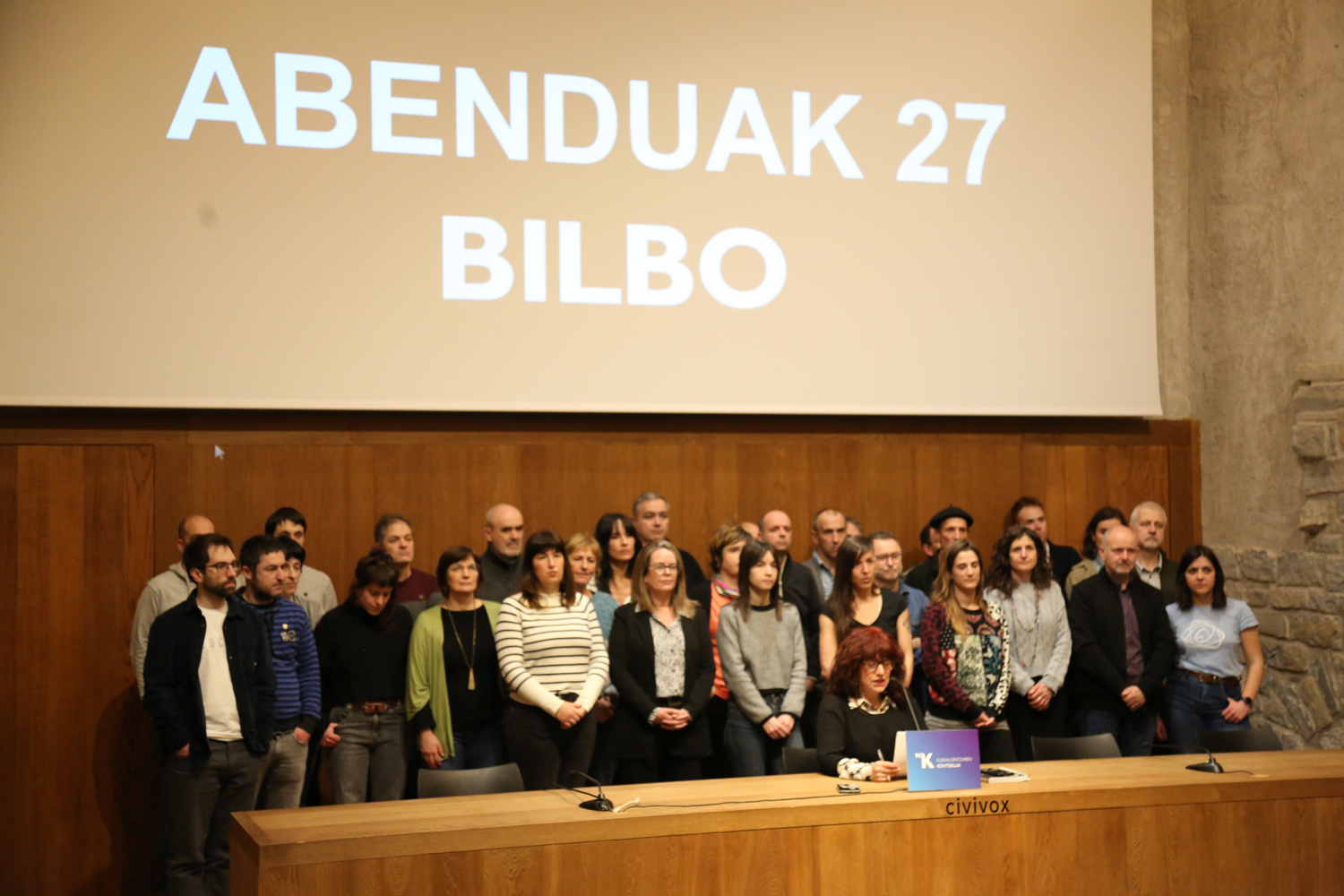Immigrants and joacins
Here’s an illustrative story: In the 7th century the Chaldeans expelled from Persia the followers of Zoroaster, the Parsians, who went to India to seek refuge. The chief of these fugitives asked the king of India for accommodation. In response, the king sent his representatives with a glass of milk filled to the brim so that it wouldn’t drift too carefully. They did not know each other's languages, but the Parsi leader immediately understood the meaning of this gesture. There were many people living in India even then, and there was apparently no room for more inhabitants, just as there was no more milk in the glass. That is to say, gently and gently, the king of India declared to them that there was no place for them in that land. Then it is said that the head of the Parsi, in the presence of the representatives of India, took some sugar and carefully threw it into the milk without spilling anything outside. I mean, it implied that they would mix among the Hindus like sugar in milk. This gesture was effective: the parsias were allowed to disembark in Surat and, since then, live in India as sweetly and softly as sugar in milk.
I think it is a beautiful story because it expresses the ideal attitude of both the recipients and the immigrants. If we also received immigrants with such softness, they would probably integrate more easily among us, like sugar in milk. But if we take them with wire fences, electronic walls, police and all sorts of bureaucratic obstacles to begin with, and then we also look at them with distance and mistrust... they will hardly feel welcome among us.
First, it is up to each of them to analyze their own feelings and prejudices towards immigrants. Our mental ego, instead of considering everyone as part of a single network, usually acts with dualism: the “I/O”, our own vs. the outsiders, who come to benefit from our well-being... and pose a threat to our identity. But does man not have the right to leave his homeland for economic, political or social reasons (sex, religion, etc.) and, where he can, to seek a more dignified life? Better, of course, if everyone had enough resources around him, without having to go outside! But as long as balanced development or a tolerant and peaceful way of life is not achieved in all countries, there will always be fugitives. Do we think that we Basques can’t go anywhere in the world, in search of our own profession or the breath of life, because we are taking something away from the locals?
As a society, our first duty is to know immigrants: this requires the dissemination of our culture and a great pedagogical work to correct or tinge our own perspectives. The media should think twice about what news to give or not to give and how to give it. The attitude of some politicians is really poisonous, denounceable; and how many times do we see others meeting with immigrant associations in a country, or participating in their events? These would be messages sent to all citizens.
The Basques should never forget that for a long time we were the ‘joacins’ in other countries (for economic reasons, or for political reasons during and after the war). So we have debts to immigrants, and as wealthy white Westerners, not just moral debts.
Pasa den asteko "kaleratze ilegala" salatu dute hainbat herritarrek, ostiral arratsaldean.
Manifestazio jendetsu batek herriko kaleak zeharkatu ditu, Poliziaren gehiegizko dispositibo batek zainduta, gazteek kudeatutako guneen defentsan eta Gaztetxeak erasoen aurrean defendatzeko. Manifestazioaren amaieran, publiko egin dute iragarpena.
Historia errepikatzen dela idatzi zuen Marxek, “lehenik tragedia gisa, gero fartsa moduan”. Armagintzaren eta militarismoaren inguruan errepikapen hutsa ez, espiralean goraka doan buklea ari gara bizitzen, fartsatik asko duena, eta tragedian amaitzeko gero eta aukera... [+]
Astelehen honetan hasita, astebetez, Jon Miranderen obra izango dute aztergai: besteren artean, Mirande nor zen argitzeaz eta errepasatzeaz gain, bere figurarekin zer egin hausnartuko dute, polemikoak baitira bere hainbat adierazpen eta testu.
Ohe beroan edo hotzean egiten da hobeto lo? Nik zalantzarik ez daukat: hotzean. Landare jaioberriek bero punttu bat nahiago dute, ordea. Udaberriko ekinozio garai hau aproposa da udako eta udazkeneko mokadu goxoak emango dizkiguten landareen haziak ereiteko.
Duela lau urte abiatu zuten Azpeitian Enkarguk proiektua, Udalaren, Urkome Landa Garapen Elkartearen eta Azpeitiako eta Gipuzkoako merkatari txikien elkarteen artean. “Orain proiektua bigarren fasera eraman dugu, eta Azkoitian sortu dugu antzeko egitasmoa, bere izenarekin:... [+]
Itsasoan badira landareen itxura izan arren animalia harrapari diren izaki eder batzuk: anemonak. Kantauri itsasoan hainbat anemona espezie ditugun arren, bada bat, guztien artean bereziki erraz atzemateko aukera eskaintzen diguna: itsas-tomatea.
Udaberrian orain dela egun gutxi sartu gara eta intxaurrondoa dut maisu. Lasai sentitzen dut, konfiantzaz, bere prozesuan, ziklo berria hasten. Plan eta ohitura berriak hartu ditut apirilean, sasoitu naiz, bizitzan proiektu berriei heltzeko konfiantzaz, indarrez, sormen eta... [+]
Azken aldian, asteburuetan, Internet ez dabil ondo. Hasieran, zaila zen webguneei ezarritako blokeoen zergatia ulertzea; orain, badakigu Espainiako La Ligak agindu zituela, futbola modu ilegalean emititzea saihesteko. La Ligaren blokeoak euskal domeinuei eragiten dien... [+]
Bilbon eginiko aurkezpenean iragarri dute ekitaldia, euskarari "arnas berri bat emateko eta behar duen indarraldia gorpuzten hasteko" lehen urratsa izango dela nabarmenduta. Euskaltzale guztiei, baina, oro har, "justizia sozialean eta gizarte kohesioan aurre... [+]
Aljeriatik datoz Mohamed eta Said [izenak asmatuak dira], herri beretik. “Txiki-txikitatik ezagutzen dugu elkar, eskolatik”. Ibilbide ezberdinak egin arren, egun, elkarrekin bizi dira Donostian, kale egoeran. Manteoko etxoletan bizi ziren, joan den astean Poliziak... [+]











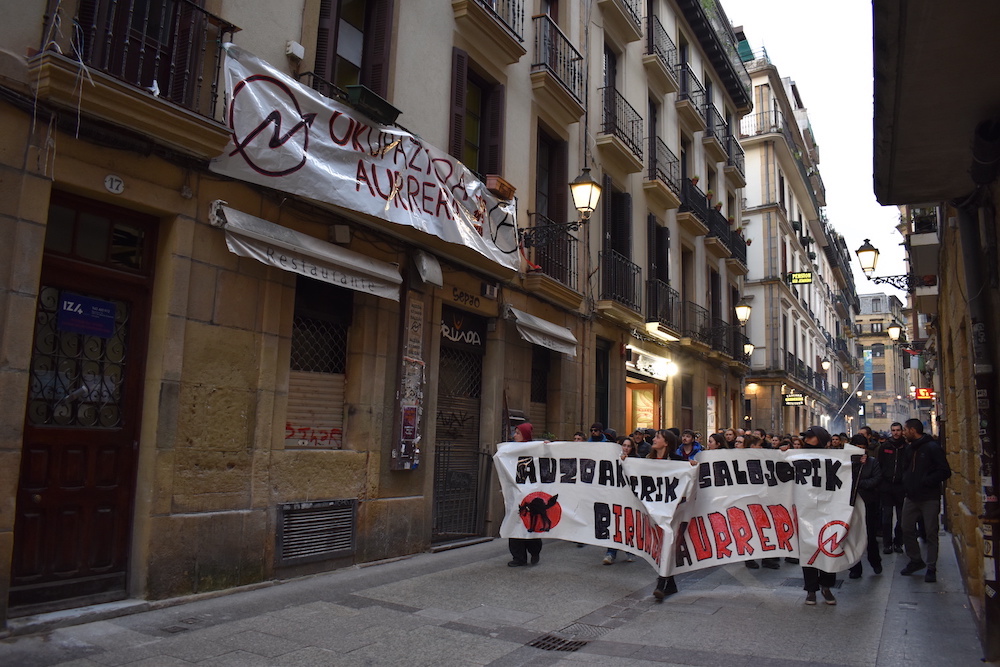
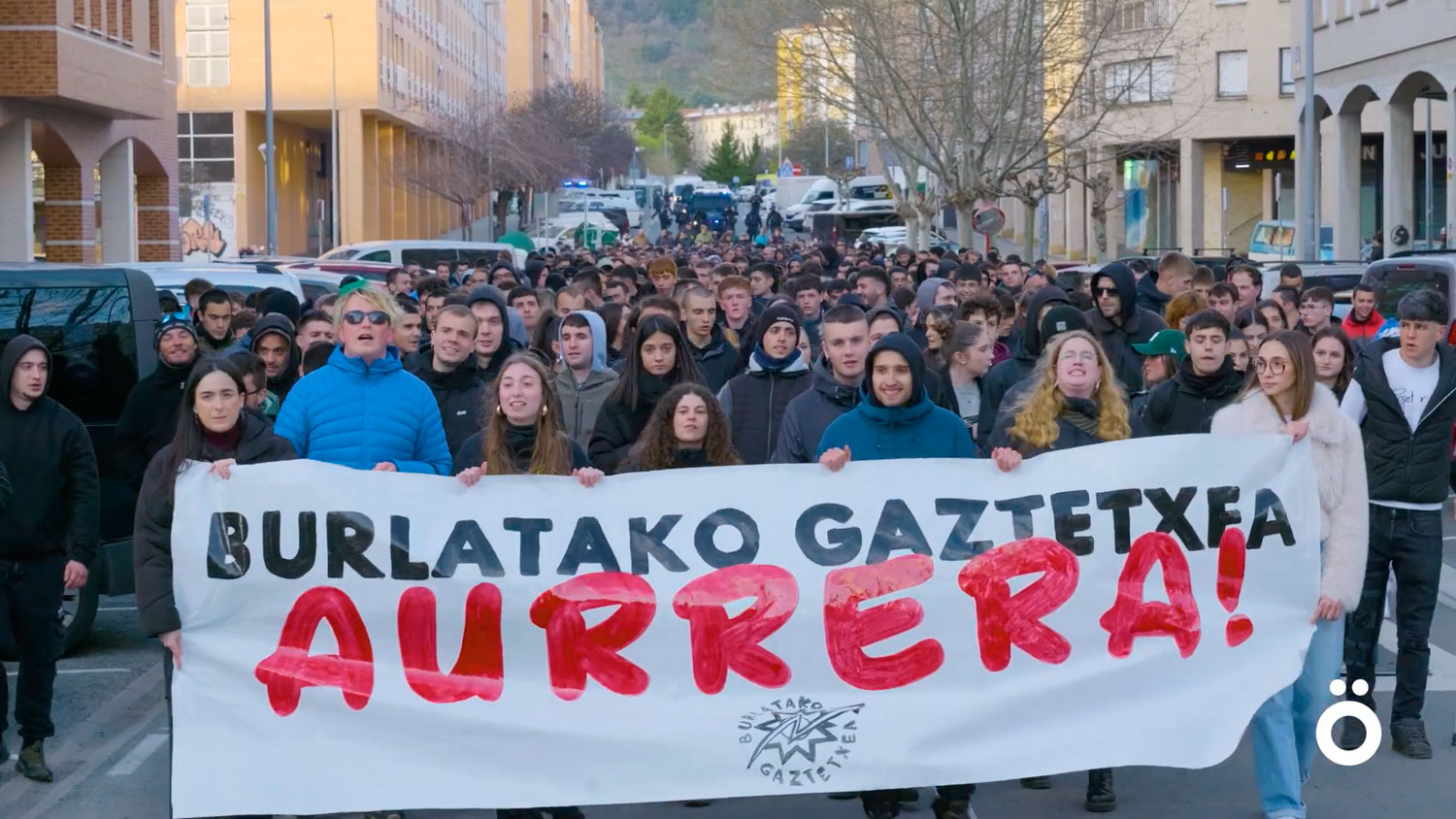

.jpg)

